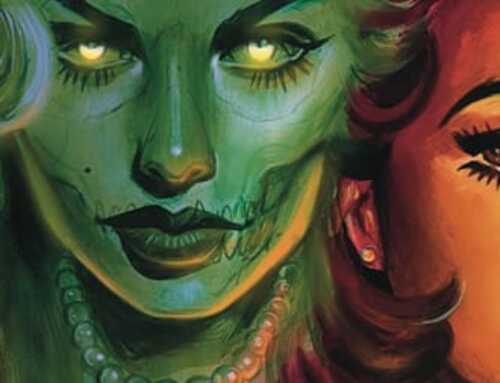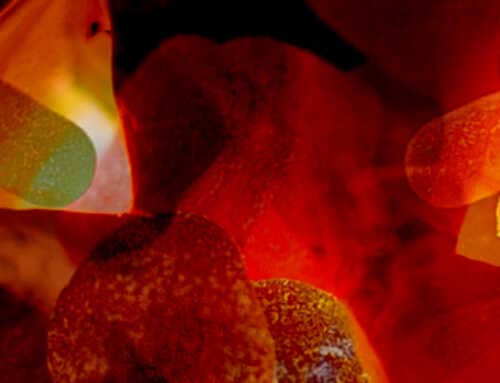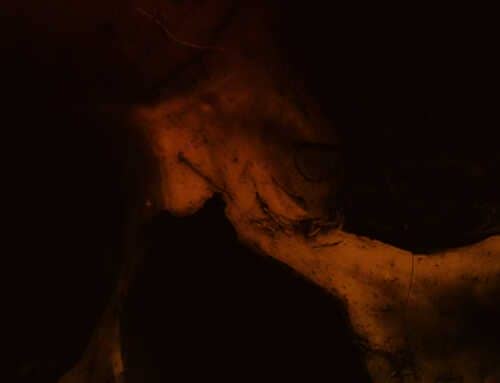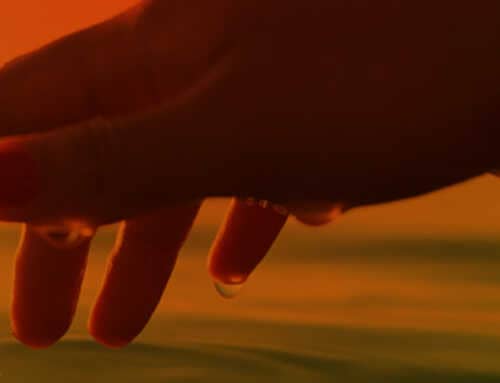Fantasia Film festival kicked off its opening weekend with the latest creative features and short films, as well as a free webinar titled Afrofuturism: Visions of the Future from “The Other” Side, covering the past, present, and future depictions of people of color. Focusing on the lack of Black perspectives on the future (save for Black Panther (2018)) film writer and programmer Carolyn Mauricette “takes us back to the future through the lens of BIPOC representation in science fiction – from the whitewashed depictions of the past to the exciting developments pioneered by the Afrofuturism movement…”
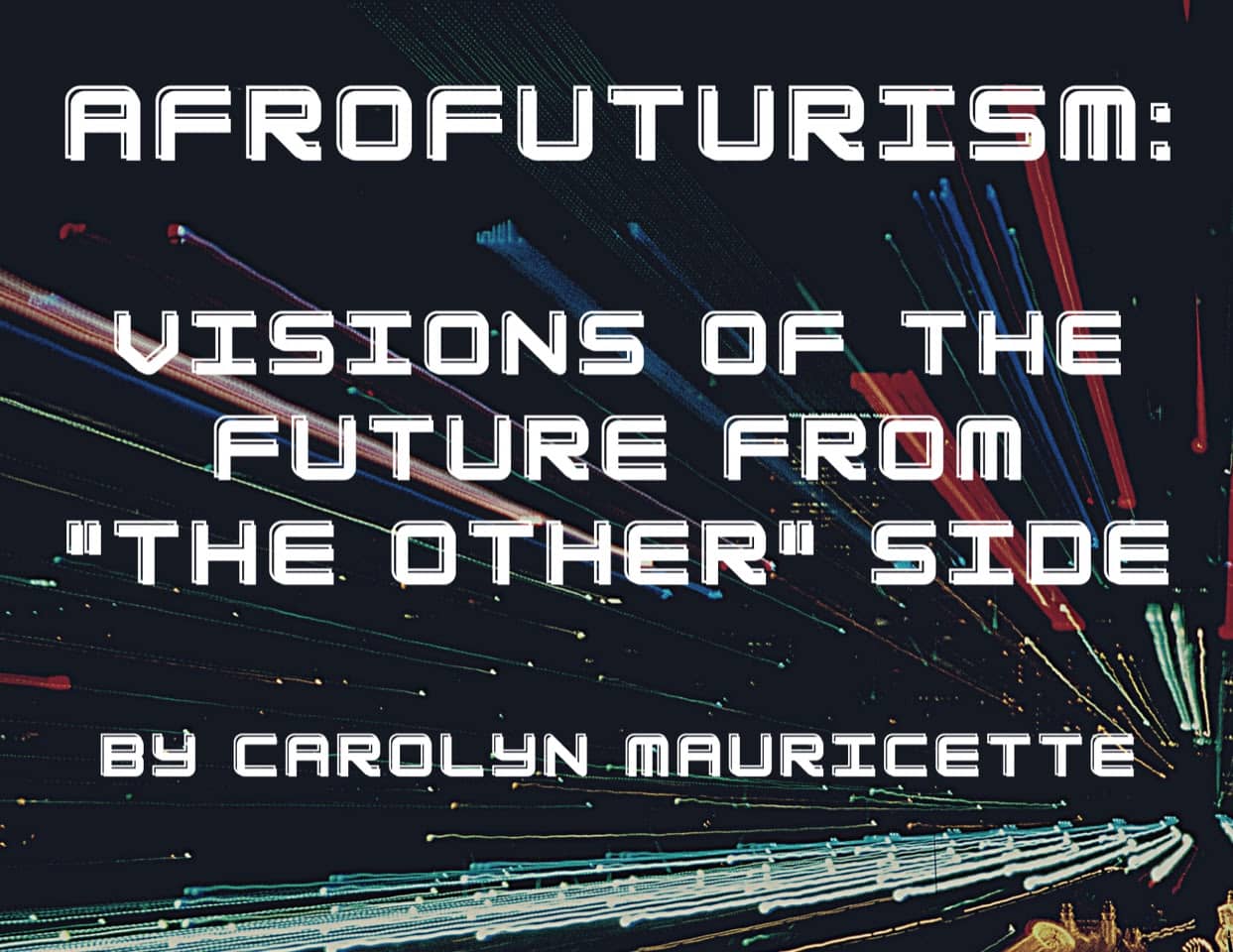
Afrofuturism is defined as the redefinition of present and future Black culture/notions through mediums such as visual arts, music, literature, etc, combining elements of science fiction, historical fiction, speculative fiction, fantasy, Afrocentricity, and magic realism with Western beliefs, sometimes completely reimagining the past and theorizing about the future. Afrofuturism addresses identity and politics within the African diaspora and often calls for a de-colonization of African culture. It is a new cultural movement centered around highlighting the voices of BIPOC — Black, Indigenous, People of Color — primarily in science fiction.
Erstwhile through cinematic history, the standard has been that cinema is an outlet for white stories that reflect en vogue psychoses, such as fear of the “other” and conquering that “other” in man vs. alien movies during the mid-20th-century cinema age. Afrofuturism is a correction of a history of marginalization, exploitation, and racial propagandizing in the cinematic arena that relegated the Black experience to backward, inferior, or otherwise sexualized mammy, Jim Crow, Sapphire, Uncle Remus, black-faced minstrel characters, and the like. For example, in one of my favorite contemporary sci-fi movies, District 9 (2009), the parallel between the aliens and real-life African experience is uncanny, and despite also being set in South Africa, the story is absent of a prominent voice or perspective from a POC.
Moderator Carolyn Mauricette recognizes that cinema’s early Black actors opened the doors, but touches on their own performance of blackface in depicting those very specific and contrived characters that were based on stereotypes created by other races, rather than playing Black characters created through the eyes of Black people. These depictions had an effect on the treatment of Black people in real life and the self-image of Black people, and by engaging in afrofuturism and filtering Black stories through the Black lens, viewpoints gained from those earlier depictions can be redirected. Mauricette sheds light on works that show agency over the creation of Black depictions and expressions, including sci-fi and horror writers Octavia E. Butler and Tananarive Due, astral/transcendence musicians Parliament and Earth Wind and Fire, representation-focused and social commentator director Jordan Peele (Us, Get Out), black-hero films like Attack the Block (recommend!) and The Girl with All the Gifts (2016), and so many others on the frontline of Afrofuturism producing stories with Black characters that have a place in future times despite the distressing times that have since characterized Black existence.
In short, Afrofuturism is a subversion of normalized thoughts about “other” cultures — it is no surprise that, cinematically, these imaginative stories are typically taking place in the genres already most known for societal subversion, those of sci-fi and horror. Afrofuturism casts a critical eye on topics such as social class and history, culminating in music, books, and movies that validate Black voices and allow artists to express themselves in their own language and in their own true identities rather than speaking in the language of, or, acting in the stereotypical manner of the mainstream.
Click here to watch.


